Pros and Cons of Open-Source Tools for Web Development
Introduction
In today’s digital landscape, open-source tools have gained immense popularity among web developers. These tools, which are developed collaboratively by a community of programmers, offer a range of benefits that can significantly enhance the web development process. However, like any technology, open-source tools also have their drawbacks. In this article, we will explore the pros and cons of using open-source tools for web development, enabling you to make an informed decision about incorporating them into your workflow.
The Pros of Open-Source Tools
#1 Enhanced Flexibility and Customization
One of the key advantages of open-source tools is their flexibility. Developers have access to the source code, allowing them to customize and tailor the tools to suit their specific needs. This level of customization empowers developers to create unique and innovative web solutions, resulting in a more personalized user experience.
#2 Cost-Effective Solution
Open-source tools are typically available for free, making them a cost-effective choice for web development projects. By leveraging these tools, developers can significantly reduce their expenses, as they eliminate the need for expensive proprietary software licenses. The cost savings can be redirected towards other aspects of the project, such as design or marketing, further enhancing the overall outcome.
#3 Community Support and Collaboration
Open-source tools are backed by vibrant and active developer communities. These communities offer a wealth of resources, including forums, documentation, and tutorials, making it easier for developers to seek help or find solutions to challenges they encounter. The collaborative nature of open-source development fosters innovation and knowledge sharing, creating a supportive environment for developers to learn and grow.
The Cons of Open-Source Tools
#1 Lack of Official Support
Unlike commercial software, open-source tools often lack dedicated customer support from a vendor. While the community support mentioned earlier can be valuable, it may not always provide immediate solutions to complex issues. Developers may need to rely on their expertise or spend additional time troubleshooting problems that could have been resolved more efficiently with dedicated support.
#2 Potential Security Risks
As open-source tools are publicly accessible, their source code is open for scrutiny. While this transparency often leads to faster identification and resolution of vulnerabilities, it also makes open-source projects more susceptible to potential security risks. Developers must be vigilant in staying updated with security patches and conducting thorough code reviews to mitigate these risks effectively.
#3 Compatibility and Integration Challenges
Open-source tools are developed by different communities and individuals, resulting in a wide variety of frameworks, libraries, and standards. This diversity can lead to compatibility and integration challenges when using multiple open-source tools within a project. Developers must carefully assess the compatibility of different tools and invest time in ensuring seamless integration, which can be a complex and time-consuming task.
Conclusion
Open-source tools offer numerous advantages for web developers, such as enhanced flexibility, cost-effectiveness, and a thriving community. However, it is crucial to consider the potential drawbacks, including the lack of official support, security risks, and compatibility challenges. By weighing the pros and cons, developers can make informed decisions about integrating open-source tools into their web development workflow. Ultimately, the choice of tools should align with the project’s requirements, the development team’s expertise, and the desired outcome.
Remember, open-source tools can greatly empower web developers, but it’s essential to stay informed, update regularly, and follow best practices to maximize their benefits while mitigating any potential drawbacks.

